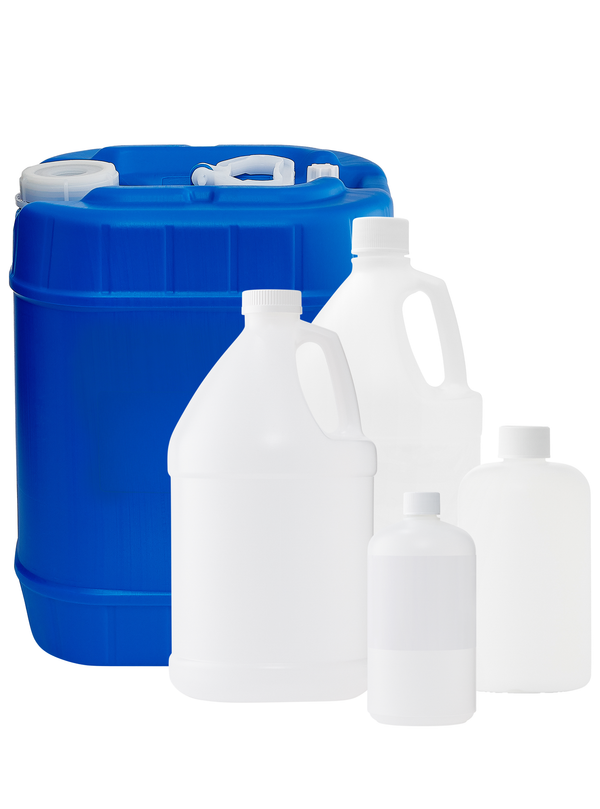
Business Support
Stannous Chloride Crystals, ACS Grade
For questions regarding lead time, please contact a member of our Customer Care Team at customercare@laballey.com
Business Support
Description
About Stannous Chloride Crystals, ACS Grade
Stannous Chloride, also known as Dichlorotin, Tin(II) Chloride, and Tin Dichloride, has the chemical formula SnCl2. Its anhydrous form appears as colorless to white hygroscopic crystalline mass or flaky solid with a fatty appearance and no odor. It is sparingly soluble in excess Water and freely soluble in Alcohol at ambient conditions. Normally, its anhydrous salt is produced by direct reaction of Chlorine and molten Tin or by heating Tin in Hydrogen Chloride gas.
An ACS Grade reagent is a chemical that meets the purity requirements of the American Chemical Society. For dependable, consistent, and repeatable findings, ACS Grade reagents can be utilized in high- quality research labs.
COMMON USES AND APPLICATIONS
- Reagent
- Chemical precursor
- Chemical analysis
- Reducing agent
INDUSTRIES
- Cosmetics
- Pharmaceuticals
- Sensitized paper
- Catalyst
PRODUCT INFORMATION
Customer Reviews and Q&A
Safety and Shipping
Stannous Chloride Crystal ACS Shipping Information:
DOT Corrosive solid, n.o.s.(stannous chloride), 8, UN1759, PG III
Business Support
Built for Business.
At Lab Alley, we simplify procurement with custom quotes, credit applications, tax exemptions, and fulfillment support, ensuring on-budget, on-time delivery - your success is our priority.
Apply for Credit
A Lab Alley credit account streamlines purchasing for your business. Our Customer Success Team is available to help you through every step of the process.
Request a Custom Quote
Get a fast, customized quote tailored to your specific needs. Our team ensures accurate pricing and availability to help streamline your purchasing process.

Additional Business Resources
Lab Alley provides access to essential certifications, documents, and other resources to support your business.
Product Manuals
Certificates of Analysis

Create a Lab Alley Account

RECEIVE exclusive offers, promotions, and discounts on chemicals.

Always have the product you need, when you need it with our AUTOSHIP program.






